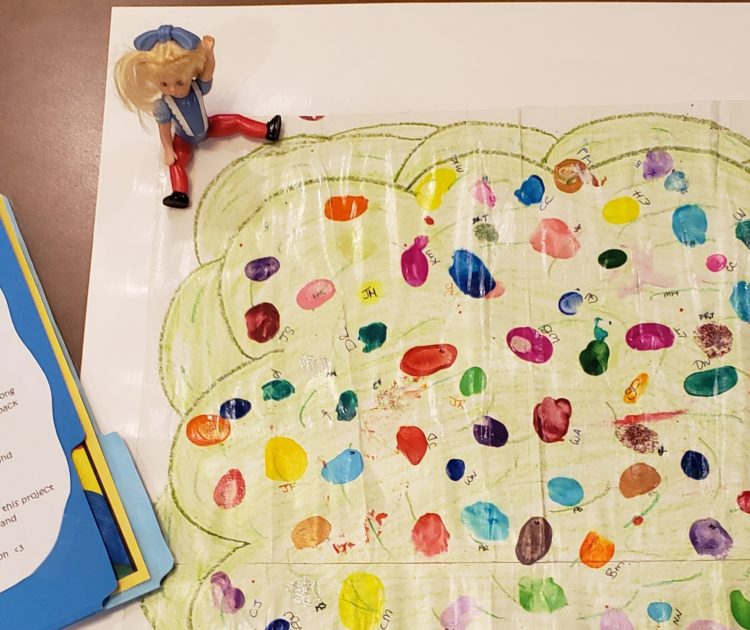Recovering from an addiction can be challenging, which is why it’s best not to go through the process alone. Like diabetes, addiction is a disease you must manage over time. Data suggests support from others who have gone through similar struggles with addiction can improve your chances of recovery. Whether you see a peer recovery specialist or participate in group therapy through a therapist, peers who are there for you can help you rebuild your life.
Peer recovery specialists are individuals who have experienced a mental health or addiction diagnosis personally or through a family member or friend. These counselors rely on their own experiences to guide those who are going through treatment on how to cope with and manage their symptoms. They may also help with daily tasks, such as budgeting and time management, and suggest activities that help you establish new patterns and relieve stress, such as reading, painting, or playing guitar.
Your peer recovery specialist plays many important roles—a mentor, coach, and counselor—to give you the tools and resources you need for your overall long-term wellness. Along the way, you build trust and a meaningful relationship. Your specialist will be there for you during the best and the worst of times, and is living proof you can make it through each and every day of your recovery.
The Substance Abuse and Mental Health Services Administration (SAMHSA) breaks down the types of support peer recovery coaches provide:
- Emotional: empathy and concern
- Informational: connections to information and referrals to community resources that support health and wellness
- Instrumental: concrete supports such as housing or employment
- Affiliation: connections to recovery community supports, activities, and events
Generally speaking, recovery plans and other treatments are customized and build on your strengths, needs, and goals.
Research suggests that peer recovery coaching may help those who are going through mental health or addiction treatment in the following ways:
- Improve relationships with treatment providers
- Help keep people in recovery programs
- Increase satisfaction with the overall treatment experience
- Offer more access to social supports
- Decrease involvement in crime
- Reduce the use of emergency services
- Decrease relapse rates
- Lower re-hospitalization rates
- Reduce substance use
- Provide greater housing stability
Your recovery treatment plan, however, may not just include the support of one person, but many.
Group therapy can also encourage you during your treatment and help reinforce your commitment to recovery. One or more therapists usually lead the meetings, which are an opportunity to not just seek guidance and support from clinicians but also from people who are going through similar situations.
These meetings also offer many benefits. Group therapy guided by therapists or twelve-step programs, such as Alcoholics Anonymous (AA), Narcotics Anonymous, and Cocaine Anonymous is among the support groups available.
These informal gatherings let all participants share their knowledge and experiences with addiction. They provide a way for everyone to speak without being judged, get advice, and build a sense of belonging. You will be among people with a common goal and may build long-lasting friendships. Your peers can help you build confidence and hold you accountable for your behavior while you learn more about yourself and the issues involved with your addiction.
These sessions also must meet standards of confidentiality, which means the information you provide won’t be shared outside of the group. You may choose not to reveal your full name and go only by your first name or initials. It’s up to you.
As you grow and change throughout your treatment program, strong personal relationships can create a structure for a vibrant recovery. Citizen Advocates offers group, marriage, and family counseling services for mental health and addiction treatment. To learn more about how our recovery programs can help you or a loved one, contact us today.


 Previous Post
Previous Post

